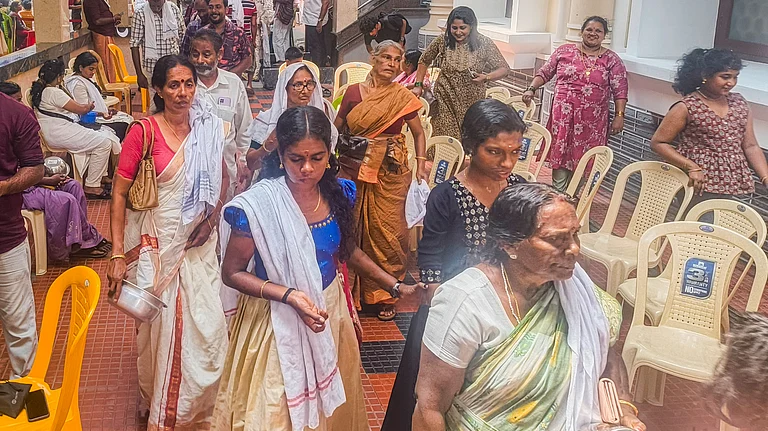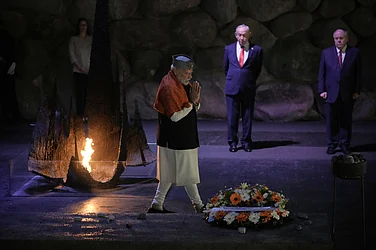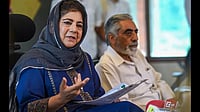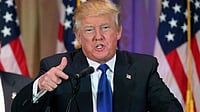Education Minister Chris Hipkins is set to become New Zealand's next prime minister after he was the only candidate to enter the contest Saturday to replace Jacinda Ardern.
Hipkins, 44, must still garner an endorsement Sunday from his Labour Party colleagues in Parliament but that is just a formality now.
Ardern shocked the nation of 5 million people on Thursday when she announced she was resigning after five-and-a-half years in the top role.
The lack of other candidates indicated party lawmakers had rallied behind Hipkins to avoid a drawn-out contest and any sign of disunity following Ardern's departure.
Hipkins will have less than eight months in the role before contesting a general election. Opinion polls have indicated that Labour is trailing the main opponent, the conservative National Party.
Who is Chris Hipkins?
Hipkins rose to public prominence during the coronavirus pandemic, when he took on a kind of crisis management role. But he and other liberals have long been in the shadow of Ardern, who became a global icon of the left and exemplified a new style of leadership.
Besides holding the education portfolio, Hipkins is also minister for police and the public service, and leader of the House. He is known as a political troubleshooter who has taken on a variety of roles to try to iron out problems created by other lawmakers.
But he's also committed some gaffes of his own, like when he told people during a virus lockdown that they could go outside and "spread their legs", a comment that drew plenty of mirth on the internet.
A lawmaker for 15 years, Hipkins is considered more centrist than Ardern and colleagues hope that he will appeal to a broad range of voters.
Among his biggest challenges during an election year will be convincing voters that his party is managing the economy well.
(With AP Inputs)






















